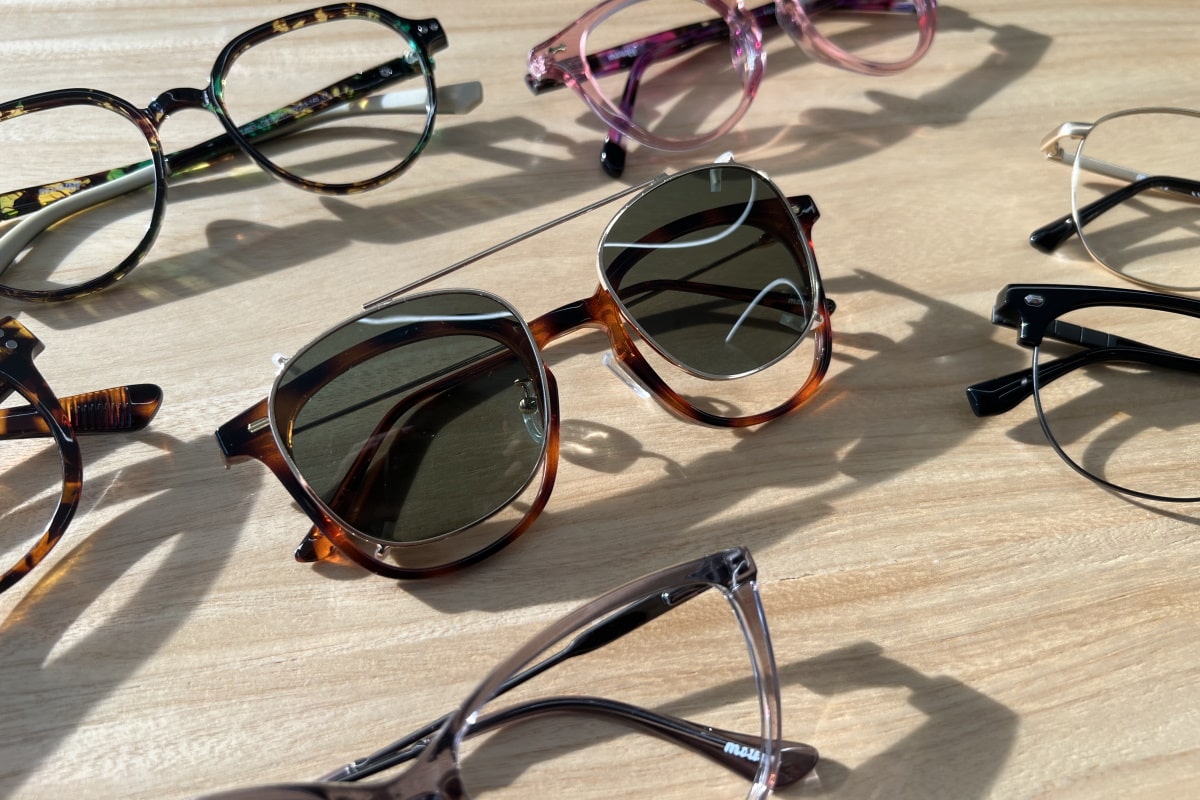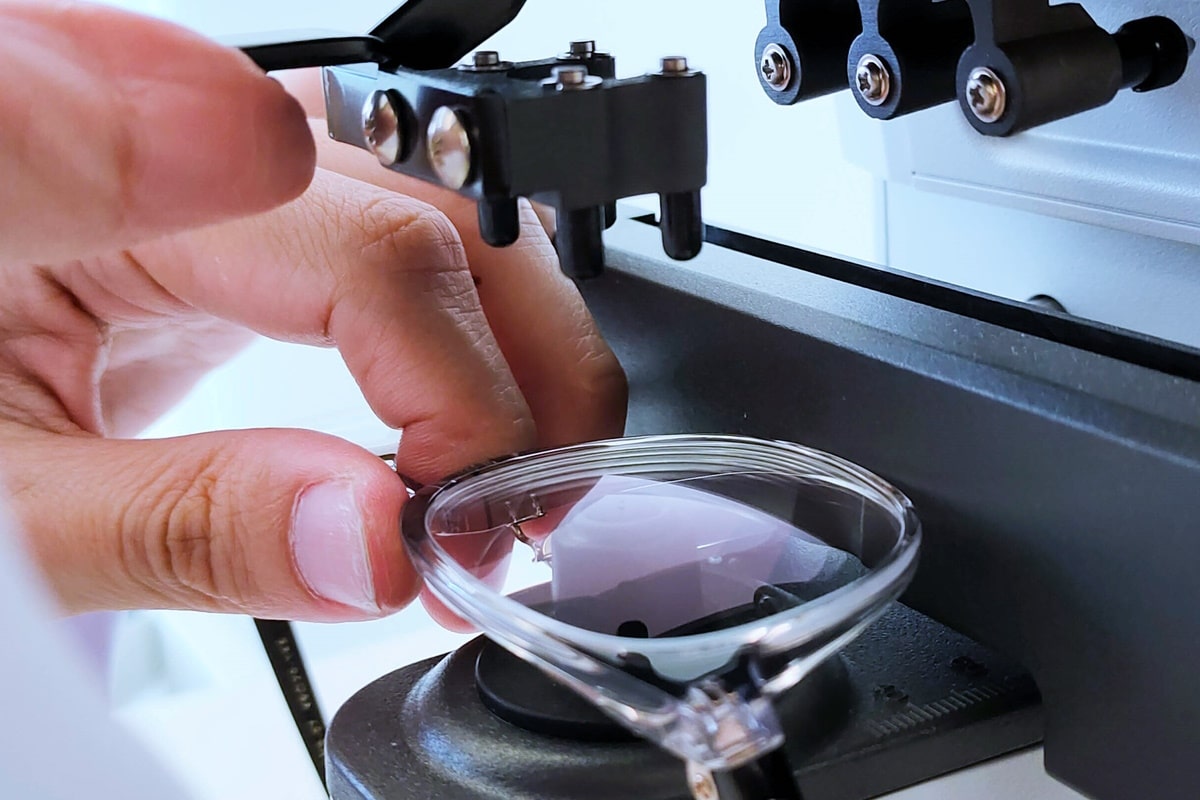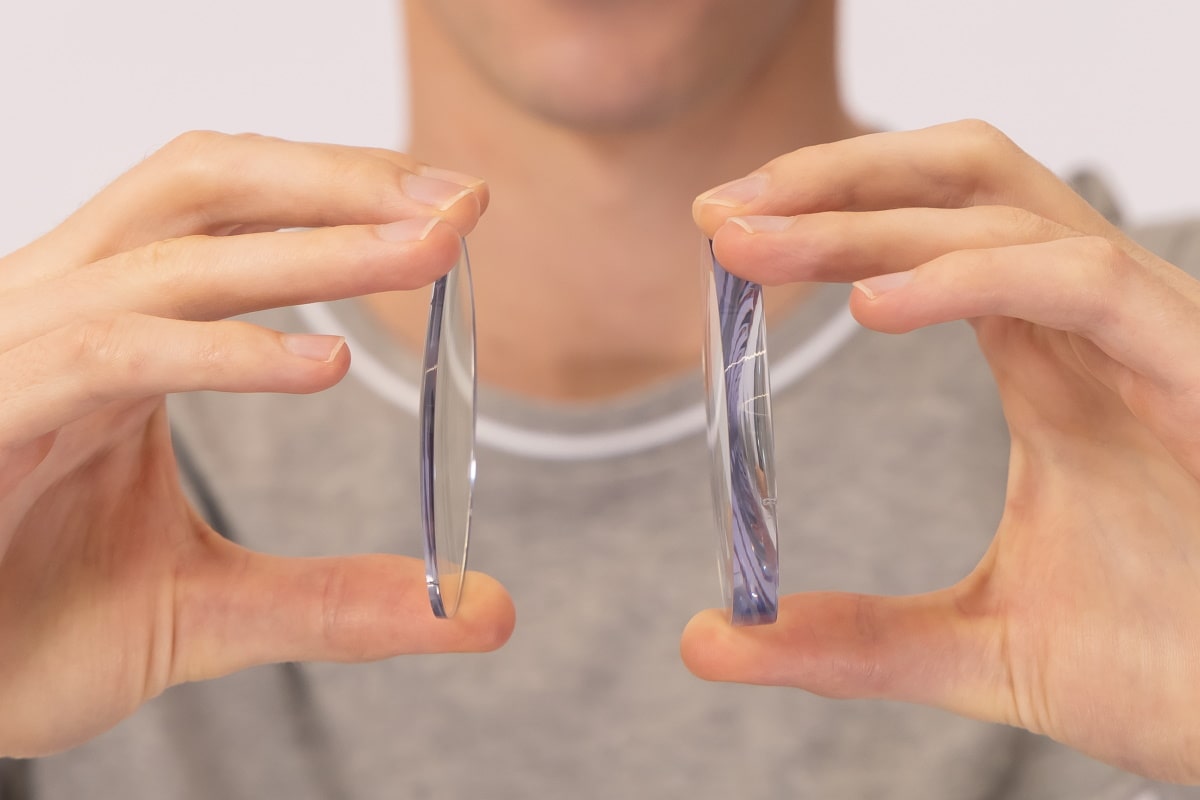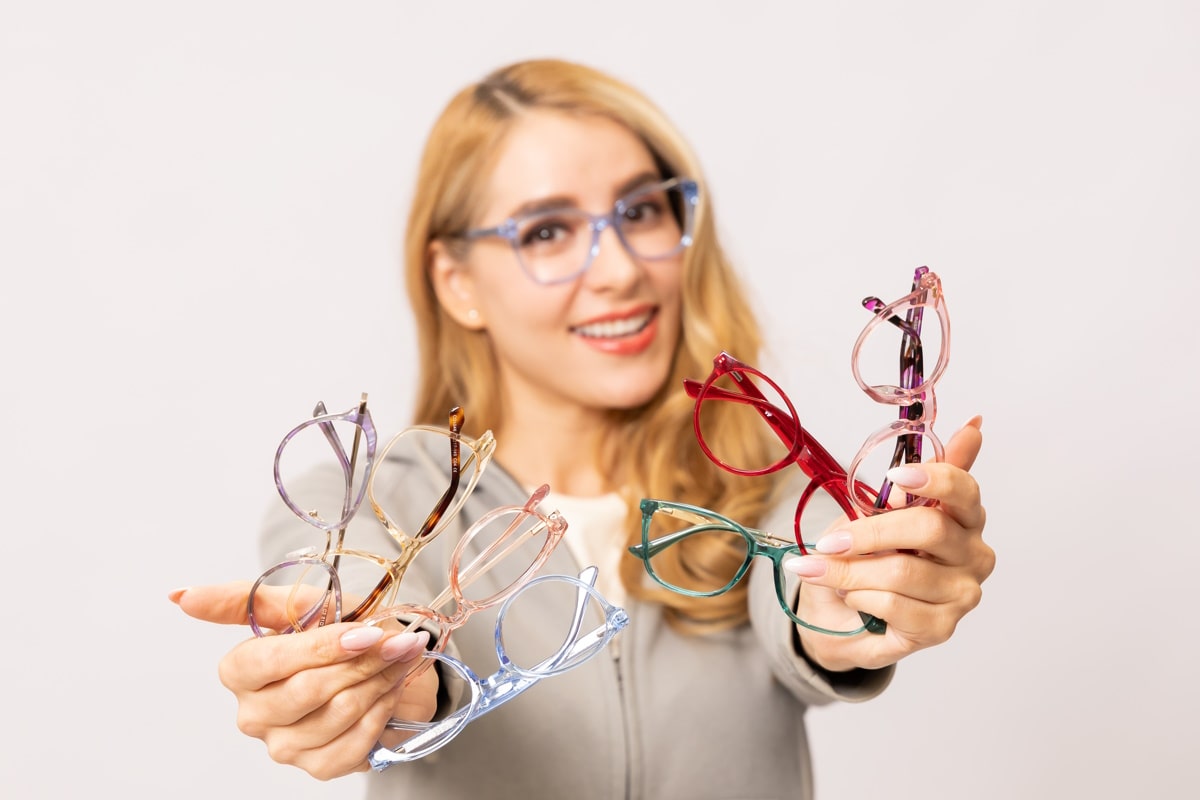Do Reading Glasses Hurt Your Eyes?
In short – no, wearing reading glasses won’t harm your eyes. However, it’s important to choose a pair that is well-made and suits your particular visual needs.
In this article, you’ll learn all about reading glasses: what they’re for, how they work, and if there are any implications to wearing them long-term.
What are reading glasses for?
Simply put, reading glasses are eyeglasses that help people perform close-up tasks more effectively. This includes reading, but sewing, typing, and other activities that require fine detail work can all be aided with the right pair of reading glasses.
As we age, our eyes naturally change in structure and function. Your lens becomes less flexible, and the eye’s ability to focus on nearby objects diminishes (a condition known as presbyopia). Reading glasses can help improve vision by providing a level of magnification needed to perform up-close tasks.
First developed in the second half of the 13th century, reading glasses come in a variety of strengths, designed to correct different levels of farsightedness.
Are reading glasses bad for your eyes?
Though reading glasses are a popular way to correct vision problems, many people wonder whether they will also lead to weaker eyesight over time.
Though a common misconception, wearing reading glasses does not cause your vision to worsen over time. Your eyes don’t get ‘weaker’ the more you wear your glass – in fact, it’s quite the opposite.
When you’re not wearing your glasses, the light that otherwise would have been focused on your retinas directly is loosely spread instead. This makes your sight fuzzy, and can lead to increased eye strain as you attempt to squint your way back to normal vision.
Glasses can help your eyes relax, which significantly improves comfort and fatigue (a fact which has been independently verified by dozens of ocular health institutions).
Is it bad to wear reading glasses if I have perfect vision?
Reading glasses are most commonly worn by people who have some degree of visual impairment. However, even people with perfect vision can wear them to improve focus and clarity. In fact, many people find that they reduce eye fatigue and improve vision regardless of their prescription needs.
That said, prolonged wearing of reading glasses in those with perfect vision can mask worsening presbyopia. Additionally, if you have an underlying eye condition that you don’t know about, wearing reading glasses may mask the problem.
If you’re unsure about your current eye health and have taken to wearing reading glasses regularly, it’s a good idea to schedule an eye exam before proceeding.
Is it bad to wear reading glasses all day?
As long as your reading glasses are good-quality, wearing them all day won’t cause any long-term harm to your eyesight. Prescription lenses (rather than over-the-counter reading glasses) are almost always better in this respect because they’re custom-made for comfort and longevity and will be tailored specifically to your eyes.
With poorer quality constructions, dust and other debris can get trapped on your lens and lead to reduced visual quality if you’re not careful.
We recommend removing your reading glasses every few hours to avoid discomfort across your nose bridge and ears. Additionally, make sure to clean your lenses regularly with a microfiber cloth or lens cleaner. Lenses naturally accumulate oils and dirt from your skin, and though we usually don’t notice right away, this can lead to decreased clarity over time.
Prescription eyeglasses vs. ready-made drugstore readers
Because of the ubiquity of presbyopia, reading glasses are one of the most popular types of eyewear.
You can purchase them over-the-counter without a prescription from most drugstores, or you can get a pair from your optometrist or ophthalmologist.
Naturally, the level of magnification that the glasses provide will depend on your prescription. If you have a weak prescription, you might only need +0.50 diopter reading glasses, while someone with a stronger prescription might need +3.00 diopter reading glasses. Most drugstores carry a range of strengths to accommodate a variety of prescriptions, and for mild or standard cases, over-the-counter reading glasses may be just fine.
However, if you have a more severe case of presbyopia or if you also suffer from another eye condition (like astigmatism, or eyes with different prescription needs), over-the-counter reading glasses may not provide specific enough magnification. In that case, you may need to get a prescription for glasses from your optometrist or ophthalmologist.
During your visit, your optometrist or ophthalmologist will measure the power of your eyesight and prescribe the appropriate level of magnification for your reading glasses. They can then create a custom pair of glasses for your particular situation, or they might recommend a specific type of glasses that best suit your needs.
In most cases, prescription glasses are more expensive than over-the-counter reading glasses, but the added quality customization is worth it for people looking to maximize their reading comfort and vision.
Whatever you choose, make sure to monitor your eyesight and update your prescription over time as your eyesight may change.
Are over-the-counter reading glasses bad for your eyes?
In a perfect world, everyone would get their reading glasses prescribed by an eye doctor and custom made for best clarity. But in reality, many people purchase reading glasses over the counter at a pharmacy or department store.
These non-prescription glasses aren’t inherently bad for your eyes, but they likely won’t provide the best vision correction. Additionally, they’re often uncomfortable to wear – lenses made of sub-par materials are known to lead to vision distortion, glare, and headaches over time. Prescription glasses tend to solve these problems because of their superior make and quality.
Additionally, most people’s presbyopia isn’t an exact match for their over-the-counter reading glasses, so they may end up having to squint or use their arm to hold the reading material close to their face in order to see properly.
Reading glasses prescribed by an eye doctor will take into account your specific vision needs and help provide top-notch clarity that non-prescription glasses can almost never offer. At Mouqy, we offer a range of stylish glasses to meet a range of occasions and visual needs – check out our collection.
How do reading glasses work, anyway?
All glasses, including reading glasses, work by bending the light that comes into your eyes.
As our eyes age, our eye’s lenses become less flexible and our ability to focus on close objects diminishes. Reading glasses help to correct this by centering incoming light directly onto the retina.
Your retina is the layer of cells at the back of your eye that detects light and converts it into electrical signals that are sent to your brain. These signals are what allow you to see. When people with presbyopia try to read or look something up close, the light focuses behind their retina instead of directly on it. This lack of focus is what causes the blurry vision associated with presbyopia.
By bending the light that comes into your eyes, reading glasses help move the focus point back to the retina, which in turn allows you to see close objects more clearly. They’re a fantastic invention that have significantly improved the quality of life of millions of people around the world.
Conclusion: It’s always best to have your eyes checked
Whether or not you need reading glasses, it’s always best to have your eyes checked routinely by a licensed optometrist or ophthalmologist to give you control over your health and well being.
Routine eye exams can help to diagnose dozens of health problems, including presbyopia and myopia, and allow for decisive actions to be taken to prevent further visual impairment.
In terms of reading glasses, while some people believe that wearing them can worsen eyesight over time, the science says otherwise. In fact, reading glasses can help to improve vision in people with presbyopia by providing them with the additional magnification they need to see clearly and reduce eye strain.
If you’re unsure whether you need reading glasses, book your eye exam today.
From everyone at Mouqy: we hope you learned something new. Stay healthy!

Written by:
Nick Saraev

Reviewed by:
Dr. Melody Huang













